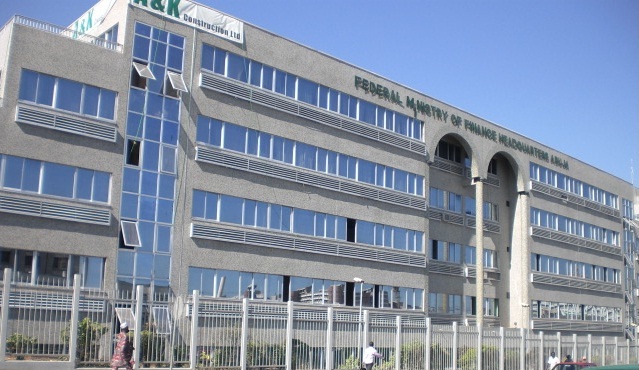A member of the House of Representatives, Rep. Jones Onyereri, (Imo-PDP) on Friday said aside corruption, high interest rate was another problem facing Nigerians.
Onyereri, who is Chairman of Committee on Banking and Currency, said this in Abuja while fielding questions from journalists on the unhealthy state of commercial banks.
He explained that when there was high interest rate and government took to domestic borrowing, it would introduce an artificial benchmark which would make it difficult to execute project.
He also identified high levels of non-performing loans as one of the problems of commercial banks.
Onyereri said that his committee was working to introduce a bill that would address the irregularities in commercial banks to further strengthen them.
“If you talk about the interest rate, it is one of our problems in Nigeria; it is a problem.
“I have said it to the regulating authorities, when you have a high benchmark upon which interest rates are introduced in the banking sector, and the government goes borrowing domestically at high rates, it introduces an artificial benchmark.
“In 2009, we had banking crisis due to high levels of non-performing loans.
“It is also worrisome that at this point in time, even after intervention, we still have the non-performing loans and that is why as a committee we have taken it upon ourselves.
“I believe the Speaker will be signing on our amendment on banks and other financial institution Act today (Friday), which will come up as first reading in the house.
“I believe that will change everything in the banking sector, because it doesn’t make sense when you have insider abuse causing this high level of non-performing loans in banks. We need to put a stop to it.
“When the amendment is fully passed, I am not sure anybody in the banking sector, be you a director or even a managing director, will have cause to borrow a kobo from any bank without paying back.
“And, there is a limit to which you can borrow.
“For instance if the treasury bill goes for 18 per cent, what you are saying in fact is that the benchmark starts from 18 per cent because the banks will now be compelled to add their cost of funds.
“By the time you add all those things, you will be having up to 20 per cent or 30 per cent.
“If in the Fiscal Responsibility Act contractors are allowed a leverage to make a 30 per cent profit and then you borrow money at 30 per cent.
“What that means is that from the first day you assign any contract it was billed to fail.
“This is because the person ultimately is expected to make profit, a return on investment.
“The person may give a 100-per cent profit margin. If a 100-per cent margin contract is placed, where will the government execute that?
“That is why they collect money and run away with money. So we need to sit back and tell ourselves the truth. In all other climes what adds to Gross Domestic Product (GDP) is Small and Medium Enterprises (SME).
“Nigerians are intelligent and creative. The point is, is there any credit accessibility? What is the cost of funds?
“No body is borrowing, nobody is working, and that is why we are in a recession because recession is purely lack of production.’’ he explained. (NAN)
AMM/OPI/OPI




 Premier League
Premier League